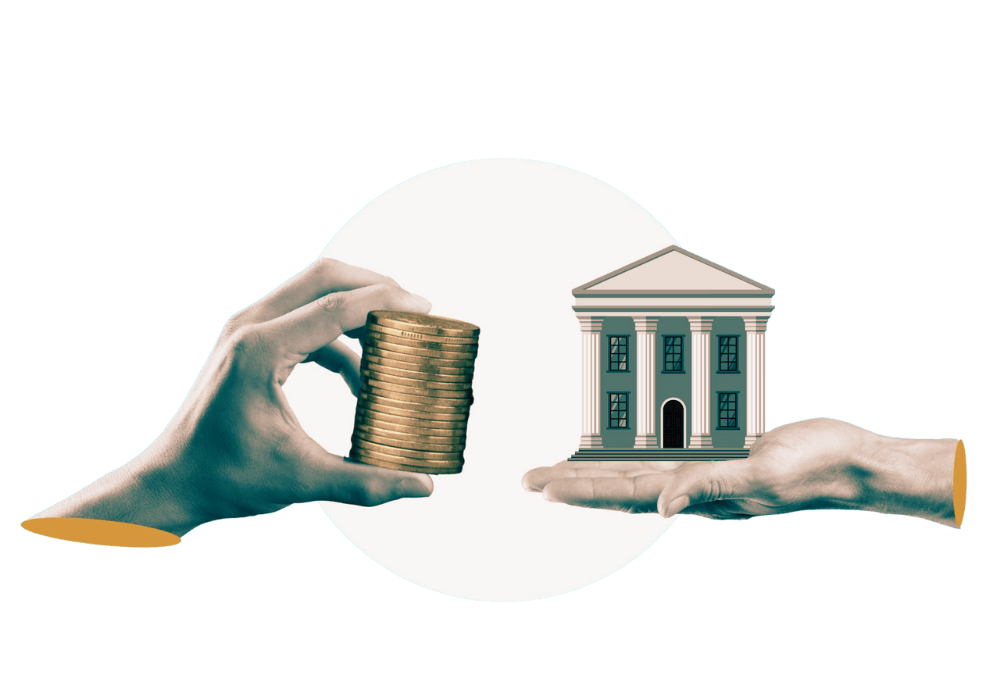Bangladesh has approached the Asian Infrastructure Investment Bank (AIIB) for 1.5 billion dollars in budget support during the current fiscal year, reflecting its growing dependence on external financing to meet fiscal challenges. The Economic Relations Division (ERD) confirmed that the request was sent on 13 August under the Climate Policy-Based Budget Support Program, with AIIB giving preliminary assurances of cooperation.
In addition to this, the government is expecting a further 1.85 billion dollars in budget support from the World Bank and Asian Development Bank (ADB). Together, these loans will be used to cover budget deficits, strengthen reserves, and support reform initiatives, particularly in the troubled banking sector. Experts noted that some banks may need to be liquidated while others will require recapitalisation, which makes such support crucial.
Read More: Factories Turn to Rooftop Solar to Cut Costs and Carbon
Bangladesh secured a record 3.4 billion dollars in budget support in FY25, the highest ever, following years of rising reliance on loans due to the Covid-19 pandemic and the Ukraine-Russia war. Earlier disbursements were 1 billion dollars in FY20 and 2.59 billion dollars in FY22, mainly for pandemic-related support.
However, revenue growth remains slow. According to National Board of Revenue (NBR) data, collections in July and August rose 21 percent year-on-year but still fell short of the target by 6,500 crore taka. Officials attributed this gap to disruptions in businesses during last year’s student-led uprising.
Experts warn that AIIB loans are costly. These loans are classified as hard loans with market-based interest rates that can reach up to 6 percent under current calculations. They also come with a maturity period of 35 years, including a five-year grace period, which requires high-level approval from the government. In June, AIIB had already provided 400 million dollars under the Climate Resilient Inclusive Development Program.
Economists point out that Bangladesh is facing mounting macroeconomic pressure. Foreign reserves are under stress, the local currency has depreciated nearly 40 percent since mid-2022, and inflation and slow growth have weakened the economy. Growth this fiscal year is expected to fall below 4 percent, which will limit the government’s ability to spend.
Policy experts warn that rising foreign loans and repayment obligations are creating serious concerns over debt sustainability. Any increase in non-concessional loans could complicate debt management. They stress that such funds should be used wisely in high-return sectors to ensure stability and long-term benefits.
Read More: ATEC Secures USD 15.5 Million to Expand Clean Cooking Solutions
Alongside AIIB, the ADB is discussing three budget support programmes with Bangladesh, which could bring at least 850 million dollars by 2026 and an additional 500 million dollars in 2027. The World Bank has also outlined a 2.77 billion dollar pipeline for the next two fiscal years, including 500 million dollars in budget support that may be secured this year.
Experts agree that while budget support is necessary in the current environment, the effectiveness will depend on how efficiently the funds are spent to expand the economy, enhance competitiveness, and reduce risks.


